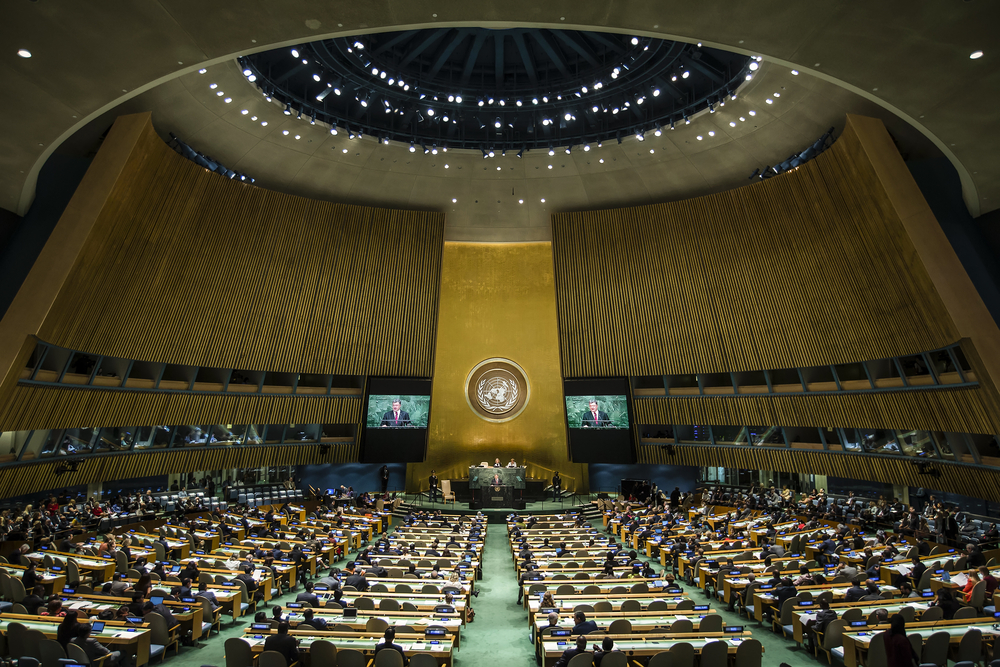This website uses cookies so that we can provide you with the best user experience possible. Cookie information is stored in your browser and performs functions such as recognising you when you return to our website and helping our team to understand which sections of the website you find most interesting and useful.
Global responses to climate security: Discourses, institutions and actions
Summary
An increasing number of world leaders are acknowledging the adverse effects of climate change on human lives and societies. The United Nations Secretary General, António Guterres, has described climate change as “a direct existential threat,” which unmitigated will lead to “disastrous consequences for people and all the natural systems that sustain us” (UN, 2018).
This journal article by Niklas Bremberg, Malin Mobjörk and Florian Krampe aims to assist the comparison of international organizations regarding three dimensions: discursive framing; institutional design; and policy actions. The authors analyze international organizations’ discourses to explore possible effects of donor dependency, how organization cultures might shape responses to climate-related risks and what can affect decision-making within the organization.
The findings can be used by practitioners and decision-makers working to enhance the role of international organizations in global governance of climate security.

Key messages
- The discourse framing around climate change security in international organizations is deemed to depend on whether climate challenges predominantly occur outside or within the territories of the member states. As an example, the EU organizations focus on security risks in regions such as Africa and Asia which could indirectly present security challenges for the EU. In contrast, African and Asian organizations focus on how climate change is affecting societies in their own geographical contexts.
- Considering the institutional design can assist in identifying how organizational cultures, structure and power relationships drive actions which might excessively favour certain countries at the expense of others. With the UN Climate Security Mechanism as an example, authors suggest that the allocation of resources for climate security can be strengthened by having an “institutional home” dedicated to climate security within international organizations.
Conclusion
The authors of this study argue for systematic comparisons across international organizations to assess the extent to which global responses to climate-related security risks are adequate. It is deemed that studies could help to identify urgent needs and potential synergies between international organizations at global and regional levels.
Citation
Bremberg, N., Mobjörk, M., & Krampe, F. (2022). Global Responses to Climate Security: Discourses, Institutions and Actions. Journal of Peacebuilding & Development, 0(0). https://doi.org/10.1177/15423166221128180


 17/10/2022
17/10/2022

 Authors of this publication
Authors of this publication
